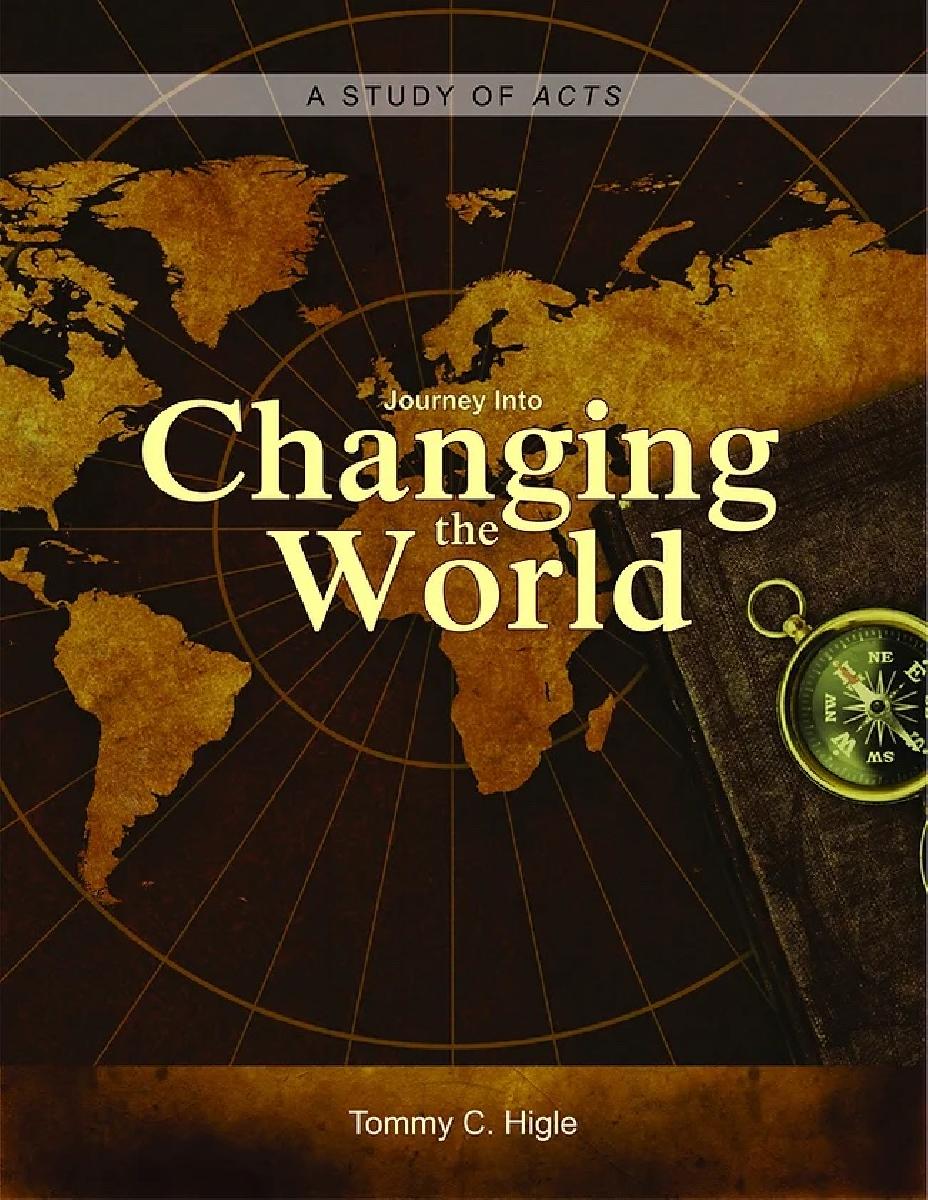
Bible Study
Join us each Wednesday night at 6:00 PM for small group Bible study. We are currently in a study called Journey into Changing the World (A Study of the Book of Acts).
Day: Wednesday March 6th
Time: 6:00 PM
Location: 18220 N 20th Street Phoenix, AZ 85022
North Valley Free Will Baptist Church
18220 N 20th St, Phoenix, AZ 85022
Copyright © 2024 ChurchTrac Software, Inc.
